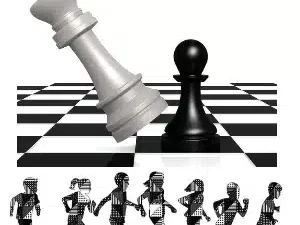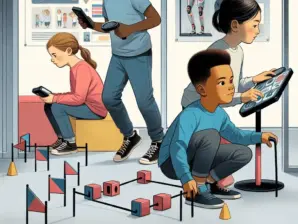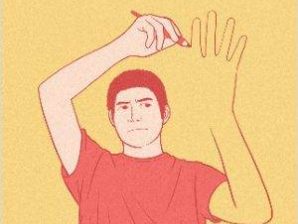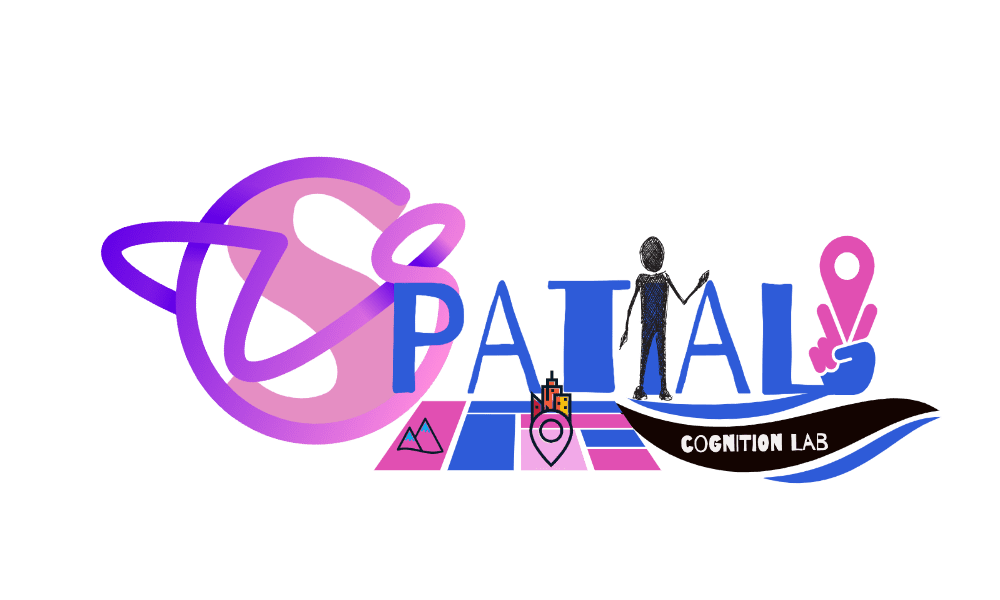It is now online the Article
Giant chess game enhances spatial navigational skills in 6-years-old children: preliminary findings
by Alessia Bocchi, Massimiliano Palmiero, Filippo Persichetti, Maurizio Matteoli, Cecilia Guariglia and Laura Piccardi published in Applied Neuropsychology: Child.
Authors reported results concerning positive effects on spatial ability of the Giant Chess Game in 6-year old children. Children performed as extracurricular activity chess, they learned chess on a giant chessboard. After 10 weeks, at the end of this activity, the group who performed it improved their performance in working memory both in navigational-vista and in reaching space as well as mental rotation skills. These children significantly improved their performance more than other children employed in a standard didactics.
These findings suggest that extracurricular activity like the Giant Chess Game may have a role in contrasting the spreading of navigational deficits in particular of the Developmental Topographical Disorientation.






